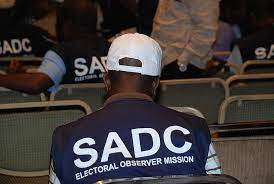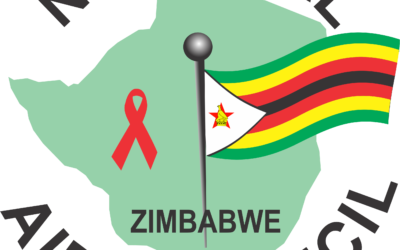
HUMAN rights activists have called for national dialogue to address the current political crisis following the August 23 to 24 disputed elections.
Speaking at an X-space hosted by the Crisis in Zimbabwe Coalition, the activists said expecting regional blocs such as Southern Africa Development Community (Sadc) to intervene was a big ask.
Human rights activist Karen Mukwasi called for a citizens' movement to stand together in the face of the current crisis in Zimbabwe.
“There is a serious crisis. The Citizens Coalition for Change (CCC) has failed to protect itself. We see so many recalls and as citizens we are not happy. The crisis that we have right now affects human beings, we stand for human beings. We have to start engaging at the local level. As citizens we are not going to sit back and see all these recalls,” she said.
Zimbabwe Council of Churches general secretary Reverend Wilfred Dimingo said there was need for political dialogue.
“We are seeing everything that everyone is seeing, the post-election period, our electoral process have produced contested results and this is not new. We are faced with a lot of challenges. For us as a church we still believe that there is room for dialogue,” Dimingo said.
“Sadc will just come to support us but will not initiate a dialogue, so it’s our duty to ensure that we sit down as a country and come up with a solution.”
National Transitional Justice Working Group national co-ordinator Fortune Kuhudzehwe said Zimbabwe was at a crossroads.
- Groups want Chinese penalised
- Chamisa party defiant after ban
- Village Rhapsody: How Zimbabwe can improve governance
- ZRP pays heavily for abuse
Keep Reading
“The whole country and Sadc is on trial. Those in politics believe that they own the country; there is an increase in human rights violations,” Kuhudzehwe said.
Southern African People Solidarity Network co-ordinator Fambai Ngarande said elections “are not sufficient to address the prevailing situation.”
“There is so much suffering. We have seen the monopolisation of the State, how the political elite is not concerned about the citizens but only its well-being. Look at this Mutapa Fund issue. There is too much corruption.”
Activist Ngqabutho Mabhena, however, said there was need to adopt the national working people’s convention method when conducting dialogue.
“It's important to go back to the working people’s conventions. I implore we should use the 1990 working people’s conventions if we are to have a dialogue, otherwise these problems will never end,” Mabhena said.
CCC leader Nelson Chamisa refused to accept the election results saying they were rigged. Global election observers flagged the polls as not credible and not meeting local, regional and international guidelines on the holding of free and fair elections.










